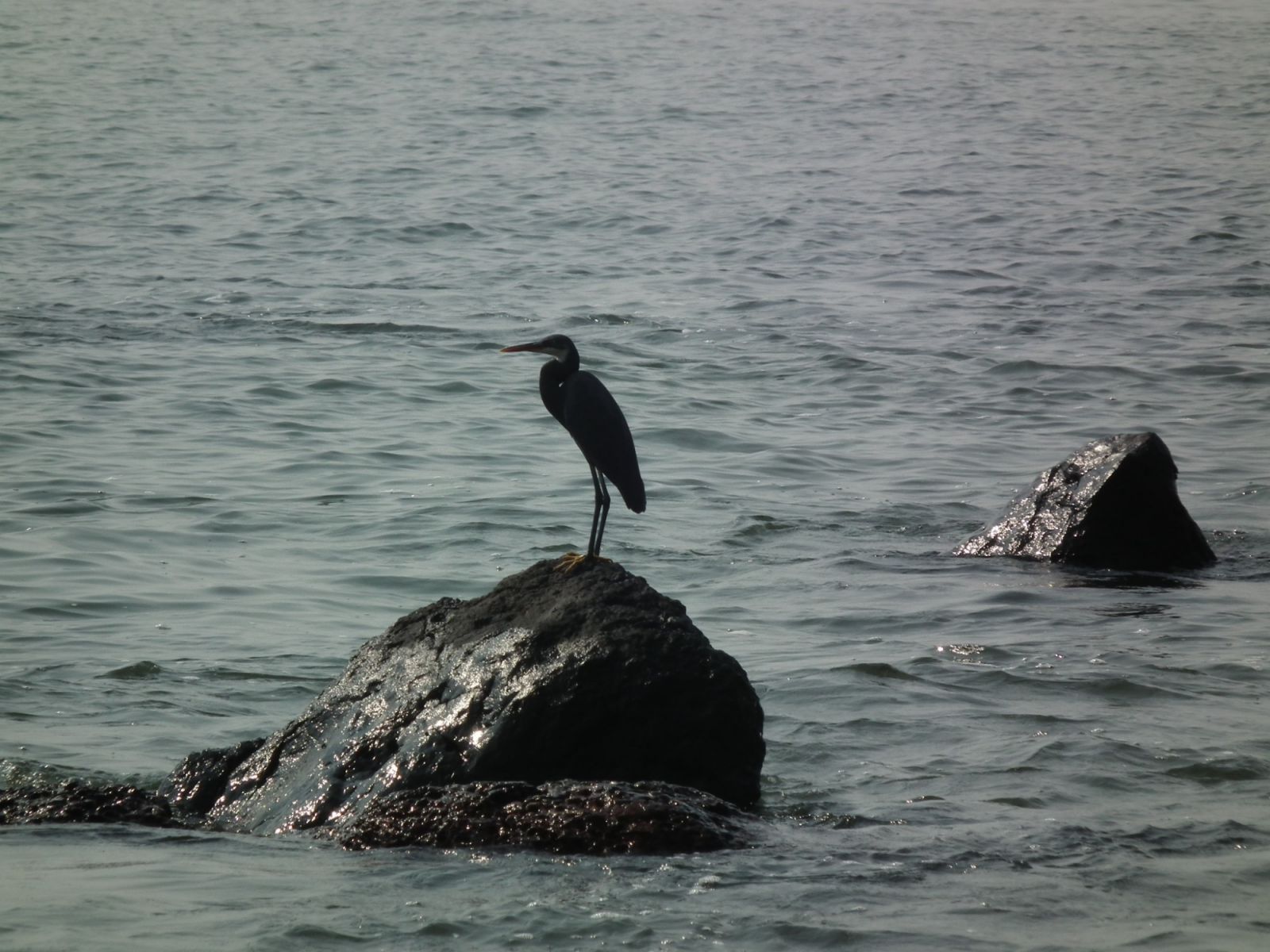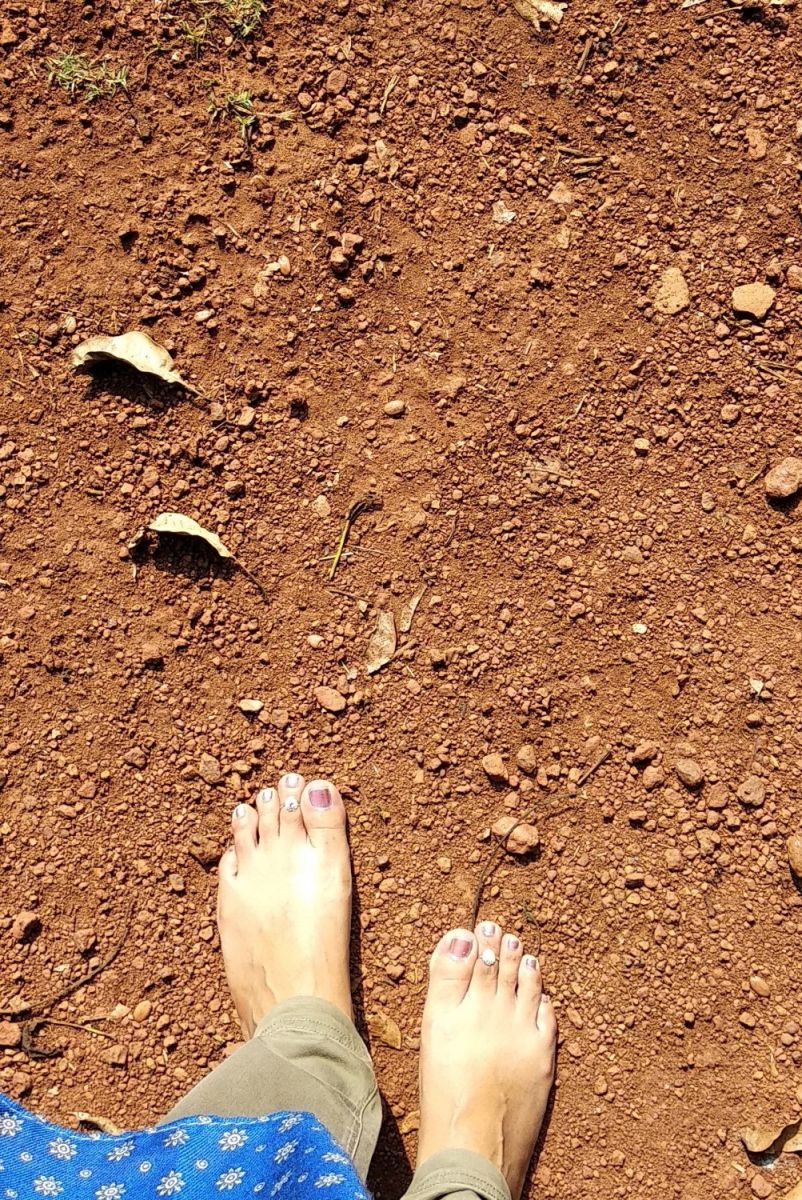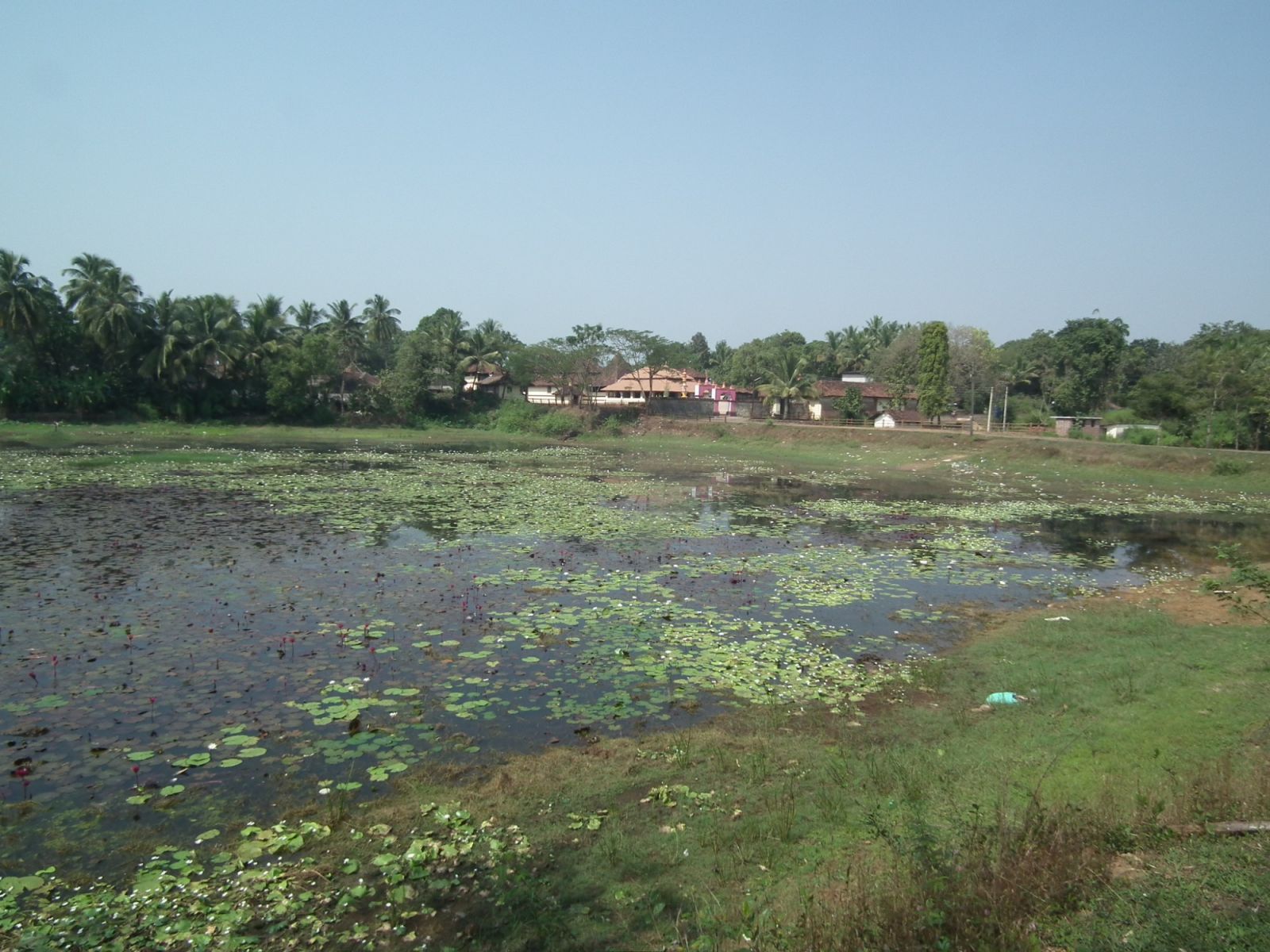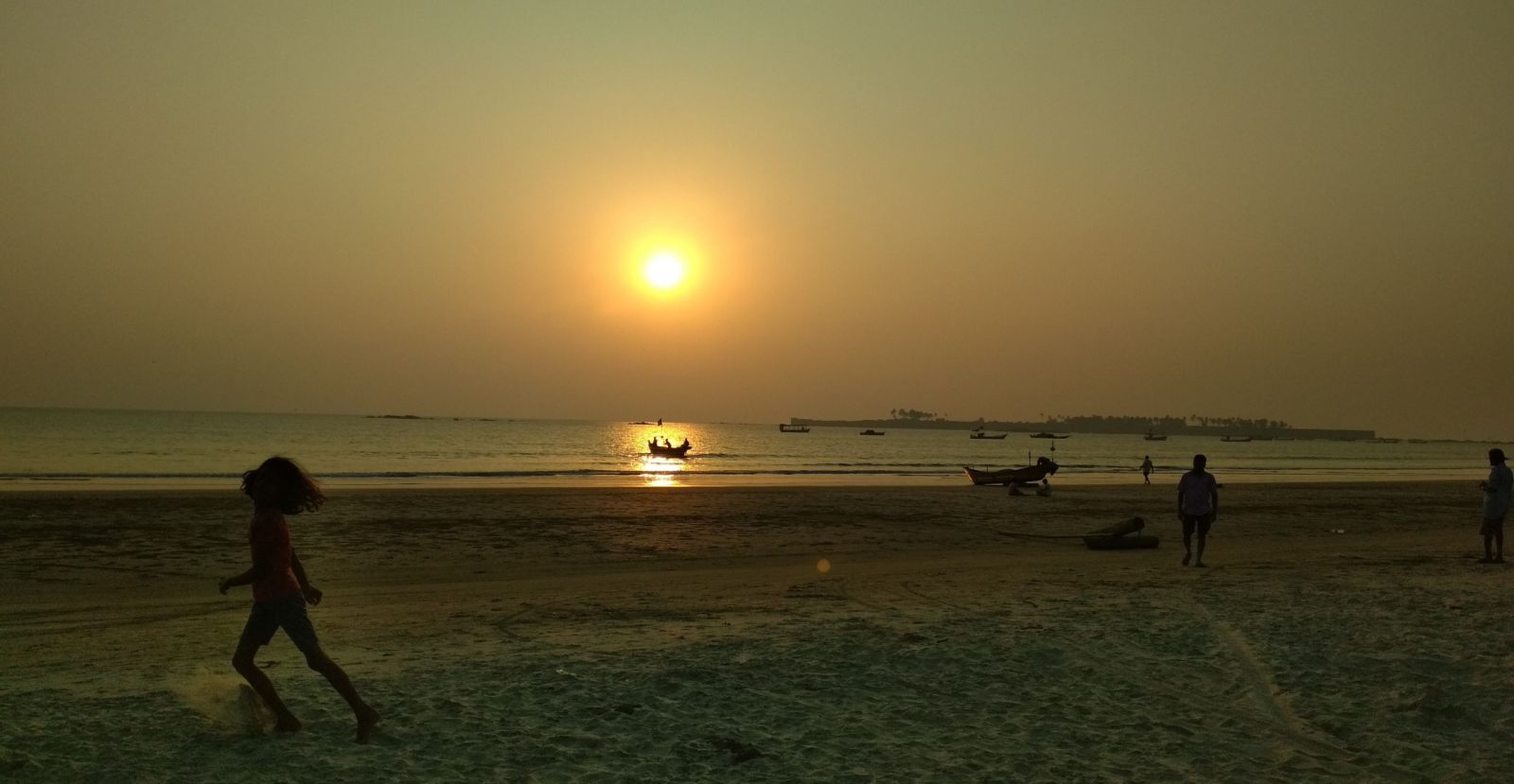Author: Urvashi Srivastava, Principal Conservation Architect, Srijan Sanrakshan
History is witness that whenever there were climatic changes and nature’s ecological balance got disrupted by over consumption of resources, humans suffered untold misery and destruction. Whereas in times when humans learnt to live with nature and cope with climatic changes despite the severity of the prevailing conditions they flourished. The Mayan civilization in Mesoamerica lasted for some 3,000 years but around 900 CE, things started to change for the worse. Overpopulation, constrained resources and eventually an extensive drought period put an end to the civilization. The Mesopotamian civilization witnessed large scale migrations and strained natural resources as a result of a 300 year long drought as per recent researches by a team of archaeologists, geologists and soil scientists. Another case is that of Angkor Wat the seat of the Khmer empire that flourished between 802 CE and 1431 CE. Researchers have now shown that intense monsoon rains that followed a prolonged drought in the region caused widespread damage to the city’s infrastructure, leading to its collapse. Closer home climate change played a major role in the decline of the Indus Valley Civilization. Beginning in roughly 2500 BCE, a shift in temperatures and weather patterns over the Indus valley caused summer monsoon rains to gradually dry up, making agriculture extremely difficult. Climate change pushed Indus Valley migrants to move from west to east. Recent findings suggest that such human migration was far more expansive than thought before.
In contrast is the case of the ancient city of Tell Qarqur in Syria located on the banks of the Orontes River occupied for about 10,000 years between 8500 BCE-1350 BC. The city grew during the climate collapse that happened some 4,200 years ago. Researchers suggest that abrupt change reduced the annual precipitation across western Asia for about 300 years and the drought extended nearly globally. Along with the Mesopotamian and eastern Mediterranean societies, Old Kingdom Egypt, a civilization that built the Great Pyramids, collapsed. However as per latest research the city of Tell Qarqur not only survived but flourished during the prolonged drought period, reason being the Orontes River, that never dried having been fed by a vast underground chamber of water.
The message is absolutely loud and clear. Nature has its own cycles of ecological disruptions and will continue to do so. Humans have to learn to cope with them. But things get gloomier when humans by virtue of their mindless actions disrupt ecological processes. Nature is clearly not something that needs to be conquered and subjugated. Humans do not need to prove their strength and intelligence by going against nature and its laws. Humans are unique on account of their skills and capabilities to collectively fashion their habitat in ways and means not seen in any other species in nature. They possess a thinking mind and are gifted by nature with energies to translate their thoughts and ideas into physical manifestations. However, in this age and time human activities are moving at breakneck speed. Humans are indiscriminately indulging in self-glorification, mindlessly competing within their own and constantly living in a state of hallucination thereby causing untold damage to the fragile ecosystem.

Fig 1: The Western Ghats in Amboli
Since the Industrial Revolution increasing amounts of toxic gases have polluted the atmosphere triggering an unprecedented amount of warming. According to the Intergovernmental Panel on Climate Change (IPCC), human activity has caused around 1°C of global warming (above pre-industrial levels). Between 2030 and 2052, global warming is likely to hit a 1.5°C increase. It is being said that increase of 1.5°C could put between 20% and 30% of animal species on the brink of extinction. If the planet warms by an average 2°C the consequences could be even worse. For humans one of the biggest threats of climate change is rising sea levels. Another risk is climate-driven drought leading to mass migrations similar to those witnessed thousands of years ago.

Fig 2: In nature there is continuity
The reasons for this extremely sorry state of affairs lies deep within the fabric of our own collective existence and thought process. The different strata within our societies are existing in a perennial state of conflict and exploitation. Reason and common sense have been overpowered by vested interest and uncontrollable greed for both wealth and power. So where does this rot stem from? From the very harmless idea of individual excellence stems narcissism and self-supremacy. This is the most egotist idea. The idea to be the best among their own has brought about untold destruction, heartburn, subjugation and animosity. Cutthroat competition in every sphere of life is but so obvious. The idea that the world needs only the best and the mediocre are to be condemned to average lives is a distorted way of looking at the world. Creating demigods, icons and heroes among their own is sheer disrespect for collective human creativity and ingenuity. For so many years so much, human talent has gone waste just for want of recognition and nurturing. So many human lives have been wasted for want of appreciation, acceptance and acknowledgement of the innate potential in each individual. A family a community, a state and a nation may take immense pride in its champions, idols and icons but only at the cost of a humongous waste of untapped talent in the rest of the lesser mortals. Lack of worthwhile and productive involvement of each individual of the society has created innumerable social problems that manifest themselves in myriad ways. All this has led to the collective psychological balance of the society falling into disarray. Mindless human actions stemming from such a flawed psychological state, self-centeredness and greed have unleashed an era of deep destruction.

Over and above this is the idea of anthropocentrism, an imperfect way of looking at the world. The whole idea of seeing humans at the top of the ecological system is flawed. Regarding humans as separate from and superior to nature including animals, plants and mineral resources is a distorted perception of life. The idea that nature is a ‘resource’ at the beckoning of humans and may justifiably be exploited for the benefit of humankind is warped and fails to acknowledge the interconnectedness and interdependence of species and their habitat, of life on earth. Actions of an individual appear to be insignificant but collective actions of billions of humans has the power to devastate the ecosystem and throw it out of gear. The melting ice at the poles, the depleting ozone layer, the receding glaciers, failing monsoons, the highly polluted air and the toxicity in our water resources are some of the obvious fallouts of the large-scale destruction inflicted by human activity on the ecosystem. The problems and their impact that we with our limited perception can gauge may be just the tip of the iceberg and just a fraction of the real
problem. The scale of the ecological processes is so vast and deeply intertwined that the damage though often localized and slow when reaches breaking point happens at a catastrophic scale bringing in unimaginable misery and destruction.
Human perception of its habitat and the larger ecosystem is myopic. With the focus solely on one’s own self, on comfort and convenience, the impact of individual action on the environment is blatantly ignored. As everyone strives and struggles to make life easier, comfortable and convenient for oneself the fallouts of development and materialistic advancement outweigh the concerns for ensuring ecological balance. Nature is seen as a resource to be exploited for human benefit alone depriving the rest of the millions of species of their equal right over it. The quantum of waste that humans generate, and the impact of their collective actions is far greater and irreversible than any of the species in nature.
The battle then to save this planet that has sustained life for time immemorial from human destruction cannot be fought in conferences and summits. It must be fought out right in our homes and in our minds. It is time to change the way we think, act and live. Small little actions and activities that we undertake in our daily lives begin to impact nature when we are not mindful of our actions. Just a few quick examples from our daily lives; when we flush down fancy cleaners, detergents, soaps, shampoos and conditioners down the drain do we think of where all this is going to end up? Do we even think for a minute about the lakes, ponds and rivers that are our life-giving force? We are concerned about the quality of the water that is coming in our taps, but do we think about the vast reserves of water on this planet that have got contaminated as a result of aggressive human activity? Plastic that has come to pervade our lives like a miracle material has with the same ease that it makes our lives comfortable and convenient destroyed the fragile ecosystem whether it is terrestrial or aquatic. What has taken billions and billions of years to evolve and work with immaculate perfection has seen widespread destruction within a matter of couple of centuries.

Fig 3: Climate change is impacting all forms of life
From protecting ourselves in the wild, creating a safe habitat for shelter from harsh climatic conditions and in our struggle to rise above the hunter gatherer lifestyle we have gone too far trying to tame nature and establishing our supremacy over it. The false sense of having overpowered and suppressed nature and the hollow ego of being superior has completely disoriented us as a species. From being the worshiper of nature and its forces to becoming its destroyer humans have come a long way leaving behind a trail of irreversible and wide spread destruction as they have gone about making scientific advancements and materialistic progress at the cost of damaging their own habitat. The bloated sense of ego of humans derives pleasure from self-glorification and intelligence at having solved unsurmountable challenges however without even sparing a minute to the collateral damage being unleashed in the process.
 Situations such as the ongoing pandemic are rare events in human history that have the potential to bring about untold death, destruction and collateral damage to large populations. But at the same time such events also open the window of self-introspection, taking a step back to pause and think. Let’s admit we are all complicit in this crime that has been perpetuated for generations. The explicit actions of a few and the implicit acceptance as a society failing to collectively raise a voice against the destructive actions is the cost that each of us now must bear. Any exercise to fix the responsibility and blame on a few is a futile process. Such is the nature of our existence and our interdependence that it is hard to escape the effects of our own actions. Any pleasure, comfort and convenience that we indulge ourselves in is just fleeting and momentary. So, while we take immense pride in human achievements and advancements that have made our lives comfortable and enjoyable let us now collectively bear the brunt of the untold damage unleashed on nature. Let us take this disaster as an opportunity to pause, reflect and introspect; what is most valuable to us, comfort and convenience or well being? Let us choose what we can live without and strike it off from our lives. Let us choose what can be monetized and what is sacrosanct. Let us rise above our self-imagined boundaries of class, creed, religion and nationalities for nature sees none. Whether we accept or not we are all one, we breath the same air we seek the same nourishment and in the end of it all we become one with nature.
Situations such as the ongoing pandemic are rare events in human history that have the potential to bring about untold death, destruction and collateral damage to large populations. But at the same time such events also open the window of self-introspection, taking a step back to pause and think. Let’s admit we are all complicit in this crime that has been perpetuated for generations. The explicit actions of a few and the implicit acceptance as a society failing to collectively raise a voice against the destructive actions is the cost that each of us now must bear. Any exercise to fix the responsibility and blame on a few is a futile process. Such is the nature of our existence and our interdependence that it is hard to escape the effects of our own actions. Any pleasure, comfort and convenience that we indulge ourselves in is just fleeting and momentary. So, while we take immense pride in human achievements and advancements that have made our lives comfortable and enjoyable let us now collectively bear the brunt of the untold damage unleashed on nature. Let us take this disaster as an opportunity to pause, reflect and introspect; what is most valuable to us, comfort and convenience or well being? Let us choose what we can live without and strike it off from our lives. Let us choose what can be monetized and what is sacrosanct. Let us rise above our self-imagined boundaries of class, creed, religion and nationalities for nature sees none. Whether we accept or not we are all one, we breath the same air we seek the same nourishment and in the end of it all we become one with nature.
A new awareness of our deep connections with nature is our only hope that can inspire us to develop new ways of planning our habitat, our cities towns and villages. There must be a paradigm shift in our perception about our place in nature, our connections with our environment. A new framework that is based on the laws of nature, understand its mysteries and respects its rhythms can form the robust foundation on which the superstructure of human civilization can be resurrected. There is an urgent need to develop new avenues for economic opportunities, new standards for growth and development as we learn to live with nature rather than competing with it.

Fig 4: Ecological Processes are interdependent and complex
One human life is too short to understand the impact of one’s actions, but the collective knowledge and wisdom developed over several generations has a wealth of information that can help us take a peek into the mysteries of nature and become wise. Nature nourishes equally, one and all. Our planet earth has sustained life for eons as it travels through deep space nourished by the energy of the sun. We humans are just like a tiny speck floating in a beam of light, insignificant and expendable. So if we now grasp the vastness, the interconnectedness and interdependence of everything in nature, from the tiny speck of sand to the innumerable life forms, or at least begin to accept and acknowledge it, we would have some hope of survival of our species. From acceptance will spring forth action that can stop mindless destruction and misery. Only then can healing begin, of what has been recklessly abused and exploited for centuries. One tiny speck of sand, one cell at a time nature will begin to heal itself.

© 2020 Urvashi Srivastava